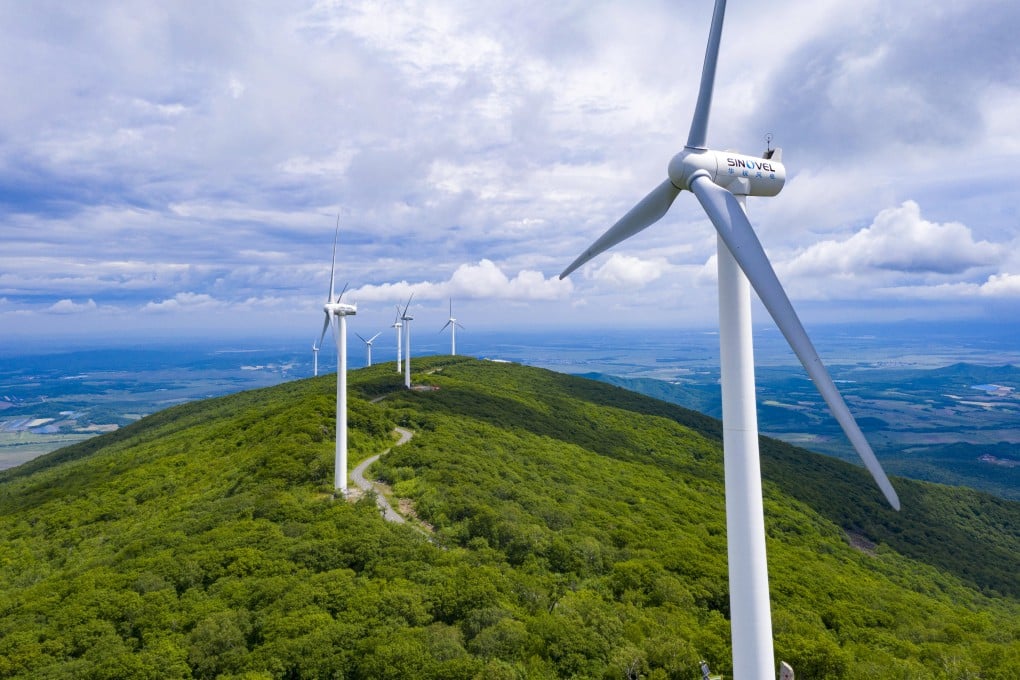Advertisement
Macroscope | Bear market is a perfect time to launch climate banks and bonds
- Markets have done a bad job of channelling investment into needed areas, especially climate change
- Specialised public climate banks, launched from scratch or spun off from development banks, could change all that – and attract the trillions of dollars flowing out of equities
Reading Time:3 minutes
Why you can trust SCMP
1

Where can the money being pulled out of stocks in the bear market find a home beyond “boring” bond markets, bank deposits or under the mattress? About US$10 trillion has left US equities alone in the first half of this year despite the mantra that “there is no alternative” to stocks.
It may appear there is no place to go now the tech bubble has burst and the seeming road to quick riches has reached a dead end. There will be no early reflating of the tech balloon but that does not mean there are no worthwhile roads for investment to take.
The trouble is that stock markets are doing a poor job of marrying demand for capital with supply. This needs to change – fundamentally and fast – if capital markets are to avoid becoming increasingly irrelevant to needs.
Advertisement
What has gone wrong is that an exaggerated confidence in the competence of private enterprise and capital markets (at least in the West) has denied the public sector its essential role as an organising intermediary and legal enabler for putting together investible projects.
The belief has grown that the collection of savings by private financial institutions and the throwing of those savings at stock markets (in the misguided belief that markets can deploy funds efficiently) is sufficient to “get things done”. It isn’t, as is becoming clear.
Advertisement
As I’ve observed here before, massive areas of global economic need are unfunded, or at least underfunded, including the battle against climate change, massive physical and social infrastructure needs, critical healthcare needs, and so on.
Advertisement
Select Voice
Select Speed
1.00x
